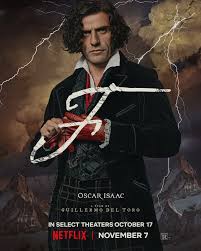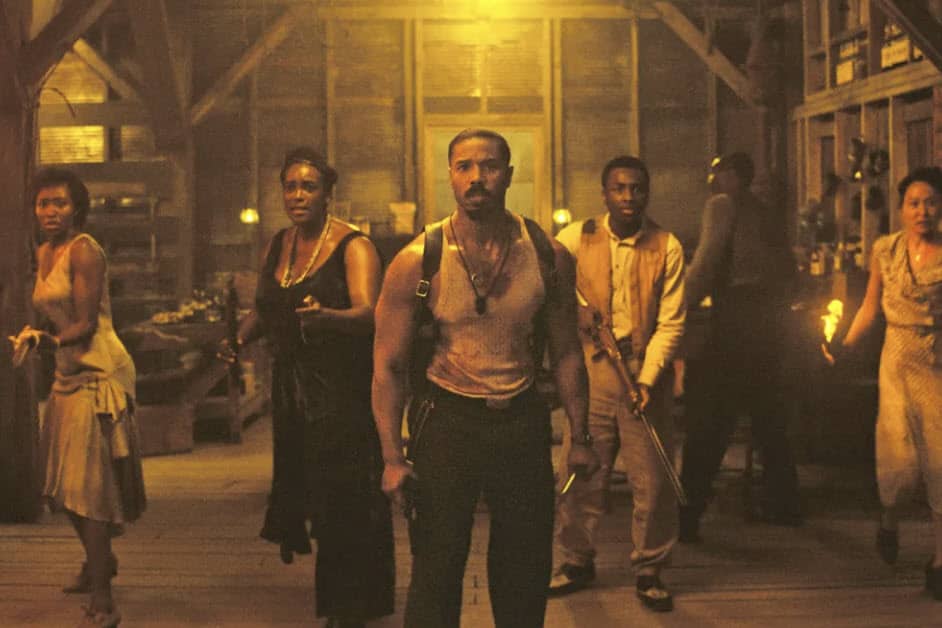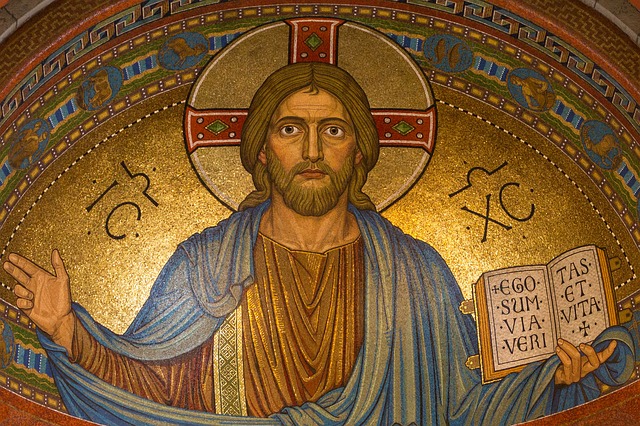
A Torrent Light and Mercy: Guillermo Del Toro’s Frankenstein
It’s hard to think of another modern art form so successful at delivering spectacle as movies. Few movie subjects are more spectacular than science. “I
All Posts By


It’s hard to think of another modern art form so successful at delivering spectacle as movies. Few movie subjects are more spectacular than science. “I

We may now be enjoying a golden age of Black American writers and directors using the horror movie to put all that heritage to use

My daughter gave me a t-shirt, portraying classic white Jesus riding a velociraptor. It has some weird writing about creation and how much fun Jesus

(Satchel talking with Bucky, recovering after falling from a window): “Don’t believe in the laws of gravity, eh?” “I’m fine with the laws. It’s the

Editor’s note: The following is adapted from a chapel talk at Northwestern College, Orange City, Iowa. A salesman driving through rural Iowa has car trouble.

THE TWILIGHT OF THE AMERICAN ENLIGHTEN-MENT: THE 1950S AND THE CRISIS OF LIBERAL BELIEF GEORGE MARSDEN BASIC BOOKS, 2014 $26.99. 264 PAGES. A specter haunts
A specter haunts George Marsden: the specter of modern liberalism. What did it promise? How did it fail? What comes next? To explore these questions,